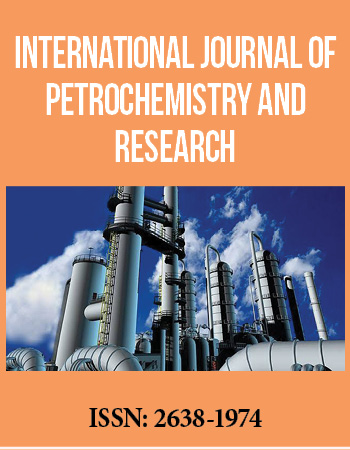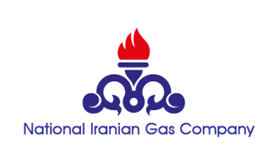International Conference on Oil, Gas and Petrochemistry
April 3-5, 2017 Dubai, UAE
A chance-constrained approach for optimal operation of gas processing plant under uncertain conditions
Heriot Watt University, UAE
Natural gas plant operations contribute hugely to the economies of many developed nations that depend on hydrocarbon resources. The plant operation is usually subjected to continuous variations in upstream conditions, such as flow rate, composition, temperature and pressure, which propagate through the plant and affect its stable operations. As a result, decision making for optimal operating conditions of an in-operation plant is a complex problem and it is exacerbated with the changing product specifications and variations in energy supplies. This work presents a new solution method to the problem, which is based on chance constrained optimization. A deterministic model is initially developed from process simulation using Aspen HYSYS and later converted to a chance constrained model. The probabilistic model is then relaxed to its equivalent deterministic form and solved for optimum solution using GAMS. The optimum solution is determined probabilistically using chance constraints that are held at a user-defined confidence level. Optimal solution is represented graphically as a trade-off between reliability of holding the process constraints and profitability of the plant. Two case studies are presented to demonstrate the new method. Optimization results show that uncertainty of plant parameters significantly affect the economic performance of the plant operation. The solution approach developed in this work is able to increase the reliability of maintaining the profit by more than 95% confidence level. As a result, the risk of constraints violation is reduced from more than 50% using the typical deterministic optimization to less than 5% with the developed chance constrained optimization model. In addition, the results from this study indicate that the variation of material flow from the plant inlet has greater impact by more than 86% on profit change compared to variation from the plant outlet, which is less than 2%. Sensitivity analysis result show on how to reduce the effect of N2, CO2 and C5+ by holding the corresponding constraint at a certain confidence level. The developed solution method can aid as guidelines to flexible plant operation decision making for the in-operating plant by satisfying all the process constraints at certain confidence level.
Biography:
Dr. Mesfin is currently working as Assistant Professor & Program Director of Chemical Engineering at Heriot-Watt University Dubai Campus. He obtained his PhD from Universiti Teknologi PETRONAS (Malaysia) in 2011. After he graduated, he was working as a Postdoc Fellow at Yeungnam University (South Korea) and later joined Curtin University, Sarawak Malaysia. He has worked at Curtin both as Lecturer and Senior Lecturer from 2012-2015. Dr. Mesfin has won the 2014 IChemE Malaysia Award for ResearchInnovation and Excellence.He has also won the 2014 Asia-Pacific Honeywell UniSim Design Challenge and the 2015 Honeywell UniSim Design Challenge for Europe & Asia with his students. He is Associate member of IChemE, member of AIChE and also the reviewer for the following journals: Chemical Engineering Research & Design, Natural Gas Science and Engineering and Applied Thermal Engineering. Dr. Mesfin has published more 25 peer reviewed journal and conference papers.His research area focuses on Design, Operation, Optimization and Uncertainty for Chemical Process Plants especially in Oil & Gas Industries.



